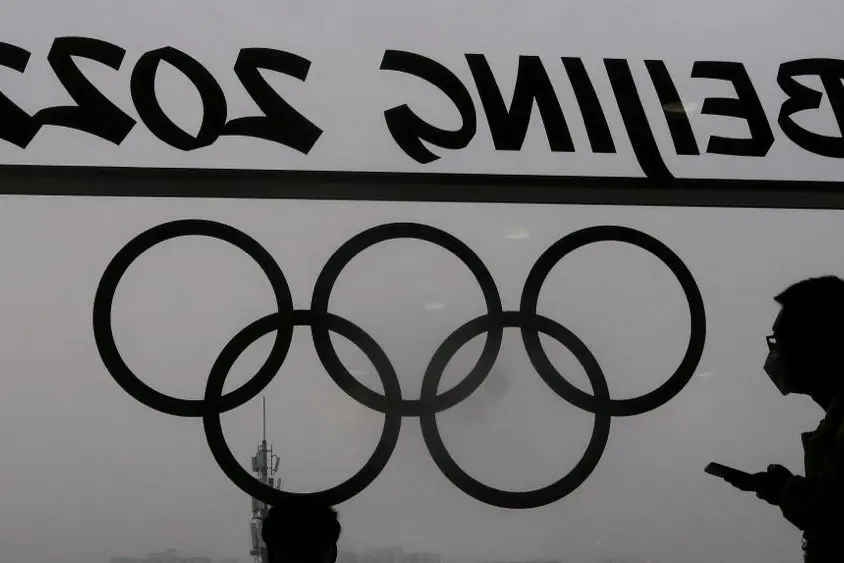PHOTO
(The author is a Reuters Breakingviews columnist. The opinions expressed are her own.)
HONG KONG - Ice hockey and alpine skiing may not be China's forte, but this year’s Winter Olympics host is a strong contender to take home the gold in technology. For February's games it will deploy apps, automation and more to manage Covid-19 outbreaks. Beijing is also keen to prove its growing prowess in digital currencies and hydrogen energy. During the 2018 PyeongChang Winter Games, South Korea offered audiences an early glimpse of 5G wireless technologies developed by local titans including Samsung Electronics. Last summer, Japan, which unveiled the world's first bullet train during the 1964 Tokyo Games, rolled out an army of robots to meet and greet athletes, carry their luggage and even retrieve javelins and shot puts during track-and-field competitions.
China's tough Covid-zero policy has forced Beijing to pull out all the stops. The event, which will run from Feb. 4 to Feb. 20, will operate inside a bubble - a closed loop of facilities, hotels and sporting venues fenced off from the rest of the population. Inside, athletes and roughly 20,000 local volunteers and staff are subject to daily Covid-19 tests and a smartphone app to track and monitor their health. Robot chefs will prepare and serve meals.
Moreover, China's central bank will roll out its digital currency for attendees to pay for food, transportation and more inside the Olympic villages. It's an area Beijing is itching to tout its progress in: Over the past two years, authorities have quietly piloted the cash-like e-CNY across major Chinese cities, with cumulative 87.6 billion yuan-worth ($13.8 billion) of transactions, per government figures.
Officials will also be burnishing China's green credentials. Notably, more than 700 hydrogen fuel-cell buses will be used to ferry athletes and equipment around. It's part of an ambitious plan to have 10,000 hydrogen vehicles on the road in Beijing by 2025. That compares to the fewer than 10,000 trucks and buses powered by the gas in the entire country in 2020. Brands like Great Wall Motor and Foton Motor are racing to develop these vehicles.
Geopolitical spats have already tarnished the games, and critics have advised foreigners there to use burner phones on the back of privacy and data security concerns. And there’s at least one big environmental downside: The events will rely entirely on man-made snow, requiring 49 million gallons of water in an already arid region. That would mar the much-needed wins for China in technology and climate change.
CONTEXT NEWS
- The Beijing 2022 Olympic Winter Games are scheduled to begin on Feb. 4.
(The author is a Reuters Breakingviews columnist. The opinions expressed are her own.)
(Editing by Antony Currie and Katrina Hamlin) ((For previous columns by the author, Reuters customers can click on MAK/ SIGN UP FOR BREAKINGVIEWS EMAIL ALERTS https://bit.ly/BVsubscribe | robyn.mak@thomsonreuters.com; Reuters Messaging: robyn.mak.thomsonreuters.com@reuters.net))





















